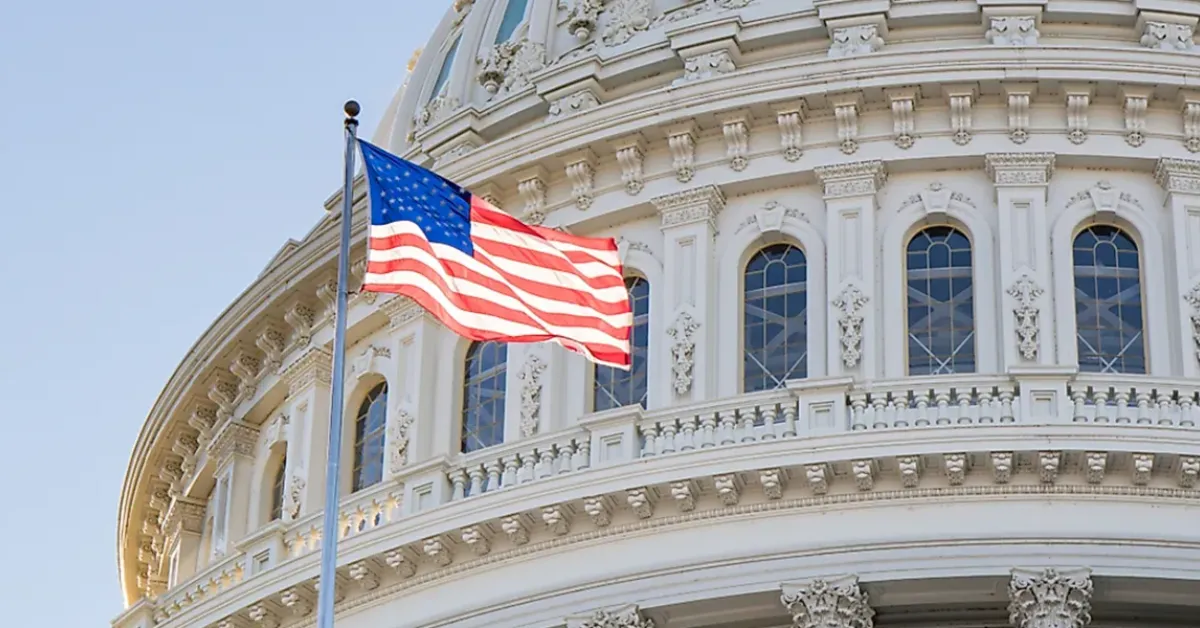EB-4 Visa Category Reaches Capacity, Halting Green Card Issuance Until October 2025

The US government has announced that the Employment-Based Fourth Preference (EB-4) visa category has reached its annual limit for the fiscal year 2025.
This development means that no further green cards will be issued under this category until the start of the new fiscal year on October 1, 2025, impacting applicants worldwide. The EB-4 visa is designated for specific groups of individuals making unique contributions to the US, including religious workers, special immigrants, international broadcasters, and members of the armed forces.
The exhaustion of the quota means the US embassies and consulates have been instructed to suspend processing EB-4 visa applications for the remainder of FY 2025. Applicants with pending cases will experience delays as they await the availability of new visas in the next fiscal year. This suspension is expected to increase wait times and potentially create backlogs for green card applicants.
Individuals awaiting consular processing may face postponements, adding to uncertainty regarding their immigration timelines. While the EB-4 visa pathway is temporarily closed, applicants are encouraged to explore alternative US immigration options. These include the H-1B visa, a non-immigrant visa for specialty occupations requiring theoretical or technical expertise, and family-sponsored green cards, where US citizens or permanent residents can sponsor family members for residency.
Other employment-based visas such as EB-1, EB-2, and EB-3, which cater to individuals with extraordinary abilities, advanced degrees, or skilled workers, also provide alternative routes. The EB-5 visa, an investor-based visa requiring a substantial investment in the US economy, presents another avenue to permanent residency. The US will resume processing EB-4 visas on October 1, 2025, at the start of FY 2026.
Applicants are advised to prepare required documentation in advance to ensure a smooth application process. Given the complexities of immigration law, prospective EB-4 visa applicants should closely monitor updates from THE US Citizenship and Immigration Services (USCIS) and the US Department of State, as immigration laws and procedures can change.
Consulting with an experienced immigration attorney is also recommended to navigate the intricacies of the visa process and ensure thorough preparation of all necessary documents.














Add new comment